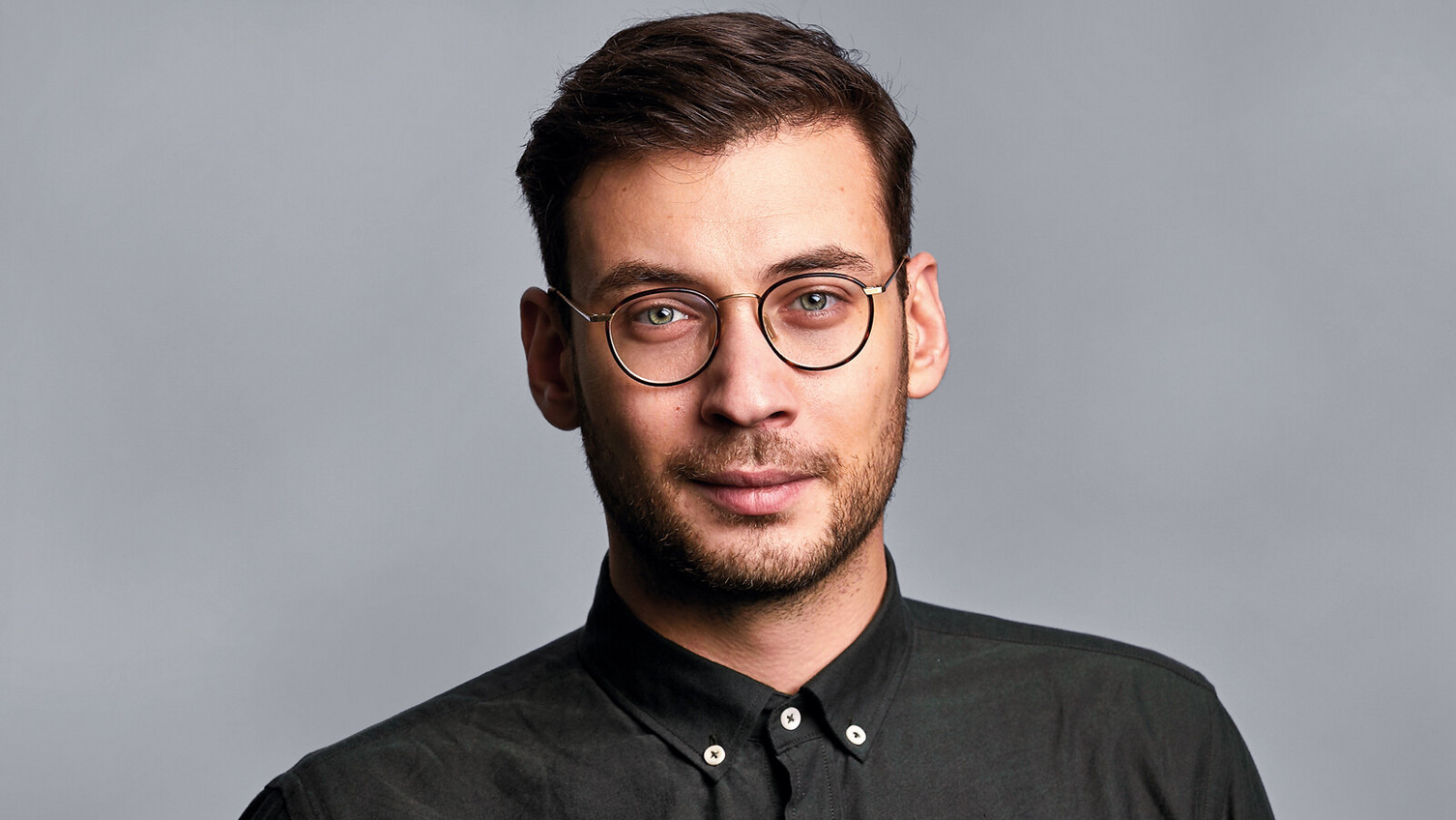Personnel: Organisational researcher Dr Blagoy Blagoev appointed to TU Dresden
2021-08-09 The professor of business administration, in particular organisation, was most recently an academic councillor at the Institute of Management and Organisation and conducts research on organisational temporality as well as change and innovation.
"Time and temporality are invisible but determine everything" says Prof. Dr. Blagoy Blagoev, summarising the relevance of his research. The organisational scientist has been dealing with this innovative field of research since his doctorate. In his dissertation, he investigated why excessive working hours still prevail in consulting firms. This system is coming under more and more criticism and it is often difficult to retain outstanding employees if there is a lack of work-life balance. Attempts to offer more flexible working time models paradoxically even led to more work in the company studied by Blagoy Blagoev. The researcher explains: "Economic interests often contradict a work-life balance. As a result, the company loses employees and those who remain have to do even more work. So the effect is self-reinforcing."
His doctoral thesis at the Free University of Berlin was assessed summa cum laude and awarded the prestigious Ernst Reuter Prize. Before moving to Lüneburg, Blagoy Blagoev was a postdoctoral researcher at the Management Department of the Free University of Berlin and an academic assistant at the European University Viadrina. International research stays and guest lectureships have taken him to the Antwerp Management School, the Copenhagen Business School, Radboud University Nijmegen and the University of Graz, among others. Blagoy Blagoev is broadly positioned in research and deals with time and temporality as well as with innovative forms of organisation. He is currently working, for example, on inter-temporal tensions in the sustainability management of an automobile company, but is also concerned with new working models such as co-working spaces. Most recently, he published an essay on the understanding of time during the Corona pandemic: "Since the outbreak, the focus has continuously been on temporal questions. How quickly are we all vaccinated? How long does a lockdown last? The Corona pandemic exposes how under-complex our understanding of time is," says Blagoy Blagoev.
At Leuphana, he did research for about three years at the Institute of Management and Organisation: "I found open doors and flexible structures here. I was able to realise my ideas and develop a personal teaching portfolio," says the scientist. Blagoy Blagoev was also a member of the Leuphana Organisation Studies Group (LOST). Young organisation researchers from Leuphana and other universities exchange ideas there: "Working with the LOST group was very stimulating and the atmosphere was creative - especially because the research topics were very diverse. I took away many ideas from this time that have also influenced my research."
In June, he accepted the call to TU Dresden as Professor of Business Administration, especially Organisation.

